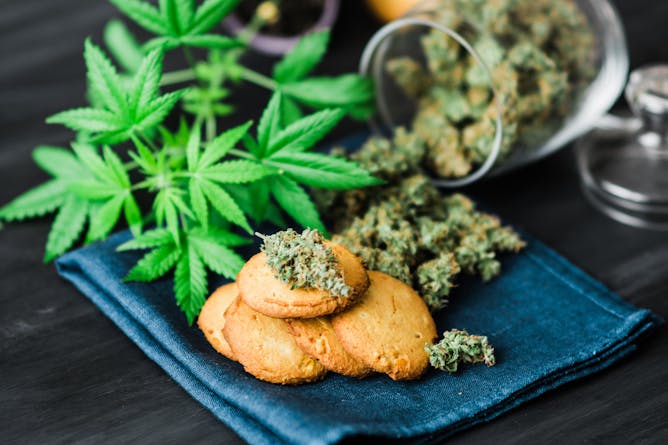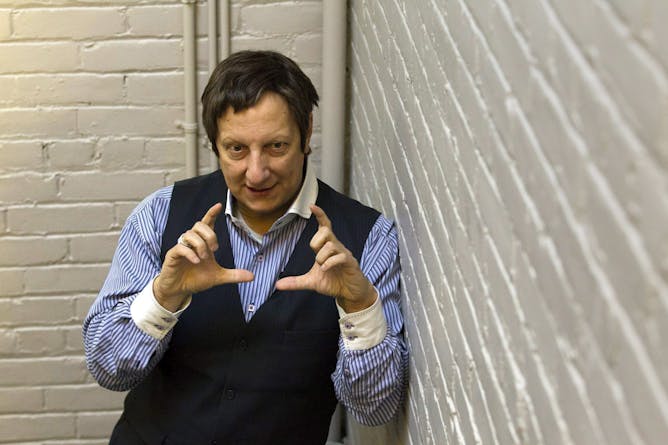|
Oct. 17 is the day smoking pot will be legal in Canada. But what about marijuana “edibles”? Today in The Conversation Canada, Sylvain Charlebois of Dalhousie University explains there is no date set yet to determine when edibles will be sold. As he points out, adding cannabis to food could be a profitable move for the food industry, but it also comes with complex regulations.
When oil spills happen, the first thing cleanup crews usually do is remove the soil and transport it to a safe landfill. But Steven Siciliano of the University of Saskatchewan says there is another way that’s worked in Saskatchewan: letting the natural soil ecosystem clean itself.
And finally…a controversial Québec theatre director is back in the news because his newest play about the history of Indigenous and settler relationships doesn’t include any Indigenous performers. Corrie Scott of the University of Ottawa takes a deep look at what happens when some white people say they believe in a “colour-blind society where everybody is treated the same.” Here’s a hint: everybody isn’t treated the same.
Regards,
|

No one really knows for certain what the market potential is for cannabis, much less for edibles, but growth opportunities are palatable.
(Shutterstock)
Sylvain Charlebois, Dalhousie University
Cannabis-infused food products could shake up the food industry.
|

A freight train curves past a line of waiting tanker cars in California.
(Shutterstock)
Steven D Siciliano, University of Saskatchewan
The "dig and dump" approach to cleaning oil and gasoline from soil is destructive. Why not nudge the soil's natural cleaners to do the job?
|

Quebec theatre director Robert Lepage’s play SLĀV was cancelled in Montreal after accusations of racial insensitivity because it featured few Black actors.
THE CANADIAN PRESS/Frank Gunn
Corrie Scott, University of Ottawa
A recent controversy surrounding Québec director Robert Lepage has had some people claiming to be colour-blind when in comes to race. But nothing could be further from the truth.
|
Environment + Energy
|
-
Andy Kirk, University of Nevada, Las Vegas
The Whole Earth Catalog was a blueprint for sustainability that envisioned humans living in balance with nature. Its creative spirit was welcomed in a year riven by war, assassinations and riots.
|
|
Business + Economy
|
-
Patricia Smith, University of Michigan; Jay L. Zagorsky, The Ohio State University
A new study explores whether how we perceive our body weight affects our prospects in the job market and at work.
|
|
Politics
|
-
Joel Samuels, University of South Carolina
Will 12 Russians indicted for hacking the 2016 US election ever come to trial? They may not, but the indictments themselves are an important step in the effort to determine the truth of what happened.
|
|